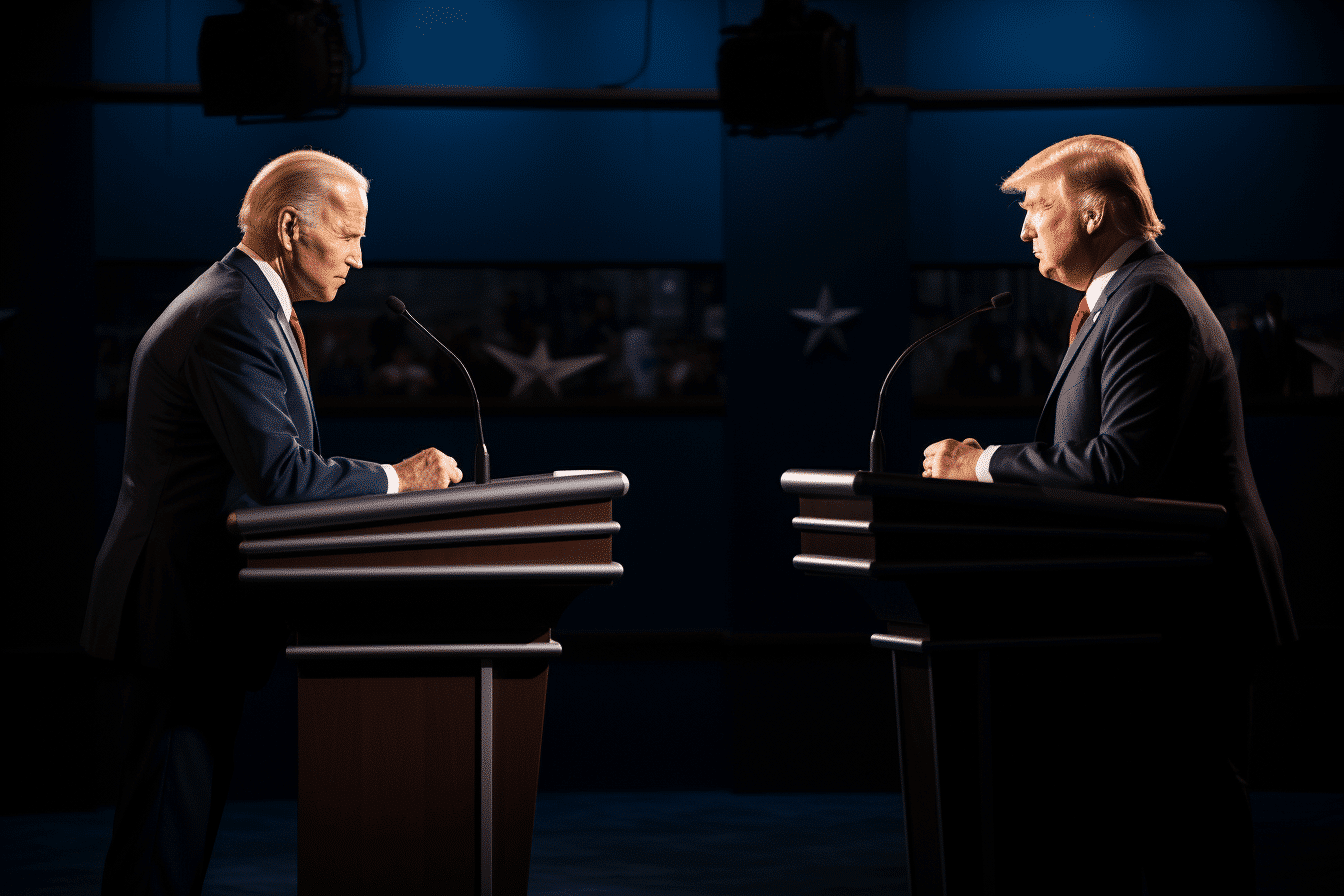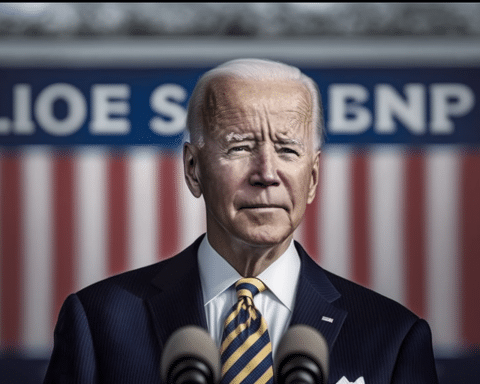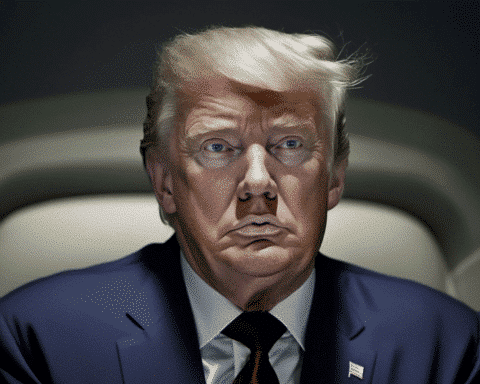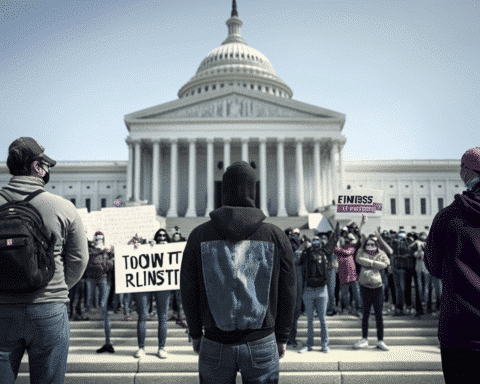As the 2024 presidential election looms, many independent and third-party candidates are stepping into the spotlight, fueled by widespread voter dissatisfaction with the anticipated rematch between Joe Biden and Donald Trump. This burgeoning field, comprising political heavyweights and newcomers alike, sees a unique opportunity to challenge the long-standing two-party system in the United States. Their efforts come amidst growing public weariness over the prospect of another Biden-Trump showdown, presenting a potentially transformative moment in American politics.
Amid the growing unease over a potential Biden-Trump rematch in 2024, the political landscape is witnessing an influx of independent, third-party, and unconventional candidates seeking to capitalize on this sentiment. This diverse group ranges from experienced members of Congress to influential academics and members of notable political families, all united by a desire to offer an alternative to the status quo.
Despite the historical challenges non-major party candidates face, these hopefuls still need to be fulfilled. The last successful third-party bid dates back to Abraham Lincoln in 1860, and George Washington remains the only president elected without a party affiliation. However, Jill Stein, the Green Party’s 2012 and 2016 nominee, believes the current political climate is ripe for change. “There’s so much hunger for principled politics, a politics of integrity, and options outside of the two zombie candidates that are being forced down our throats,” Stein remarked.
Stein’s decision to run again in 2024, after initially planning to support Cornel West, is a testament to her perceived growing dissatisfaction with the major parties. This sentiment is echoed by public opinion polls showing significant disapproval of both Biden and Trump, with concerns about Biden’s age and Trump’s legal troubles further complicating their candidacies.
Amidst this backdrop, other notable figures are emerging. Minnesota Congressman Dean Phillips is challenging Biden in the Democratic primary, criticizing the party’s direction. Robert F. Kennedy Jr., initially a Democratic contender, has now shifted to an independent bid, capitalizing on his unique appeal across the political spectrum despite his controversial anti-vaccine stance.
Moreover, the bipartisan group No Labels is working towards a potential bipartisan ticket, causing concern among Democrats about splitting the vote. With plans to secure ballot access across all states, this initiative could profoundly impact the election’s outcome.
Meanwhile, Senators Joe Manchin and Mitt Romney are being considered for a bipartisan ticket under No Labels, reflecting a growing interest in centrist politics. Their potential candidacies could appeal to a segment of voters feeling alienated by the current political extremes.
The 2024 presidential race is shaping up to be a watershed moment in American politics, with a diverse array of third-party and independent candidates poised to challenge the traditional two-party system. This surge of interest reflects a broader public discontent with the status quo and a yearning for new political alternatives. While the odds are steep, the unique circumstances of this election cycle could provide these candidates with an unprecedented opportunity to leave a lasting impact on the political landscape.




